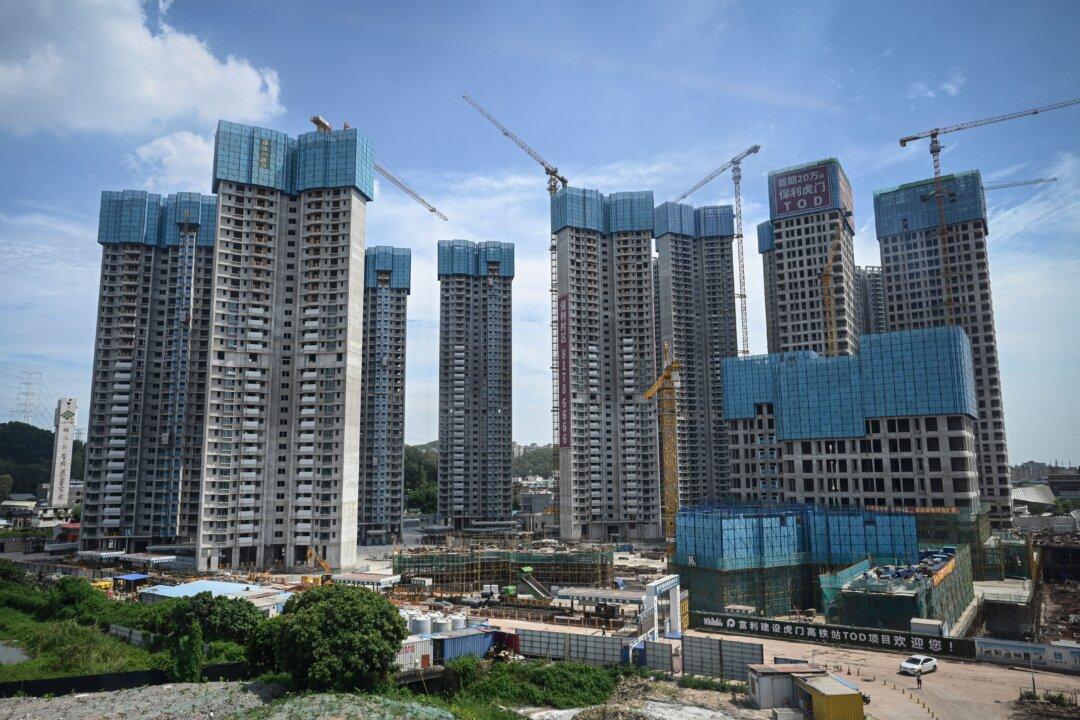Commentary
Despite Beijing’s recent attempts to stem declines in China’s property market, it continues to sink—and by just about every measure available.

Despite Beijing’s recent attempts to stem declines in China’s property market, it continues to sink—and by just about every measure available.